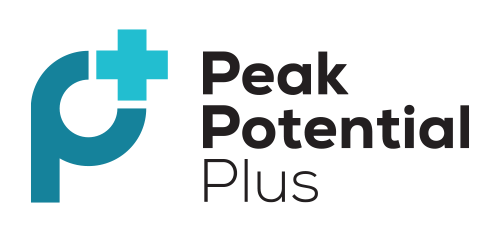Introduction
Chronic Obstructive Pulmonary Disease (COPD) poses a unique set of challenges, and among them, the sudden worsening of symptoms, known as flare-ups, requires vigilant attention. In this comprehensive guide, we delve into understanding, identifying, and effectively managing COPD flare-ups to ensure individuals breathe easy and maintain a high quality of life.
Understanding COPD Flare-Ups
Defining COPD Flare-Ups
COPD flare-ups, or exacerbations, are not just ordinary dips in health; they represent a significant escalation of symptoms beyond the baseline. Typically marked by increased breathlessness, coughing, and heightened mucus production, these episodes can disrupt daily life and warrant immediate attention.
Triggers and Causes
Identifying the triggers of COPD flare-ups is crucial for proactive management. Common culprits include respiratory infections, exposure to air pollutants, and lifestyle choices such as smoking. Acknowledging these triggers empowers individuals to take preventive measures and make informed lifestyle adjustments.
Recognizing the Signs
Respiratory Symptoms
The signs of a COPD flare-up often manifest in respiratory symptoms. Shortness of breath becomes more pronounced, accompanied by persistent coughing and changes in the color and thickness of mucus. Understanding these signals aids in prompt intervention.
Non-Respiratory Symptoms
Beyond the overt respiratory indicators, flare-ups may exhibit subtler signs. Fatigue, confusion, and disruptions in sleep patterns can be indicative of exacerbations. Recognizing the interconnectedness of these symptoms is crucial for a holistic approach to COPD management.
Monitoring Your Lung Function
Importance of Peak Flow Measurements
Regular monitoring of lung function using peak flow meters provides a tangible metric for assessing respiratory health. Understanding peak flow patterns and recognizing deviations from the norm enable early detection of impending flare-ups, allowing for timely intervention.
Early Intervention Strategies
Medication Adherence
Sticking to prescribed medication plans is fundamental in preventing and managing COPD flare-ups. Different medications serve distinct purposes, and adherence to the prescribed regimen ensures their effectiveness in controlling symptoms and minimizing exacerbation risk.
Inhaler Techniques
Proper inhaler usage is an art. Understanding the correct techniques and avoiding common mistakes enhance the efficacy of inhalers in delivering medications directly to the lungs. Educating individuals on optimal inhaler use is paramount for effective symptom relief.
Creating a COPD Action Plan
Collaborating with Healthcare Providers
A personalized COPD action plan, developed in collaboration with healthcare professionals, is a cornerstone of effective management. Regular check-ups allow for adjustments to the plan, ensuring it remains tailored to the individual’s evolving needs.
Educating Caregivers and Family
Involving family members in the COPD action plan fosters a supportive environment. Educating caregivers on recognizing early signs of flare-ups and implementing the action plan is crucial for prompt and effective responses.
Lifestyle Modifications
Smoking Cessation
For those with COPD, quitting smoking is a non-negotiable step towards better respiratory health. The immediate and long-term benefits of smoking cessation contribute significantly to managing and preventing flare-ups.
Exercise and Pulmonary Rehabilitation
Incorporating suitable exercises into daily routines and participating in pulmonary rehabilitation programs play pivotal roles in COPD management. Physical activity improves lung function, stamina, and overall well-being, reducing the risk of flare-ups.
Environmental Considerations
Creating a COPD-Friendly Home
Minimizing irritants and pollutants within the home environment is crucial for respiratory health. Simple adjustments, such as proper ventilation and air purification, contribute to a COPD-friendly living space.
Nutrition for Respiratory Wellness
Dietary Choices for COPD
Proper nutrition is a cornerstone of COPD management. Foods that support lung health and overall well-being should be prioritized. A well-rounded diet contributes to preventing exacerbations and sustaining respiratory wellness.
Empowering Patients: Coping Strategies and Mental Well-Being
Stress Management
Stress can act as a trigger for COPD flare-ups. Implementing stress reduction techniques, such as mindfulness and relaxation exercises, contributes to overall well-being and mitigates exacerbation risk.
Seeking Support
Connecting with support groups and communities fosters a sense of understanding and shared experience. Emotional well-being is integral to coping with COPD, and a robust support network contributes to effective management.
In conclusion, recognizing and tackling COPD flare-ups require a multifaceted approach. From understanding triggers to implementing lifestyle modifications and seeking support, individuals can take proactive steps to breathe easy and navigate the challenges of living with COPD. By empowering individuals with knowledge and strategies, this guide aims to enhance their ability to manage and minimize the impact of COPD flare-ups on their daily lives.



















